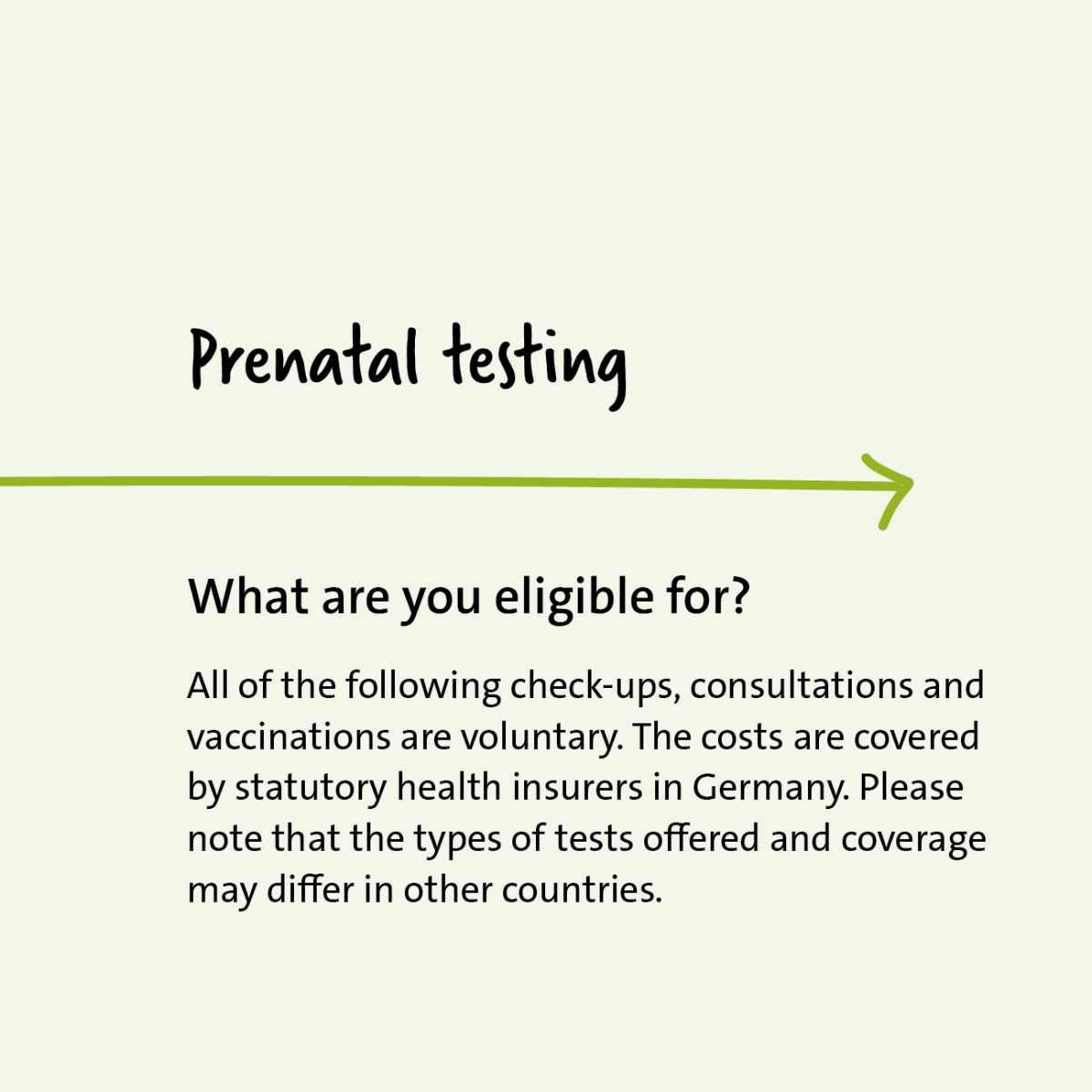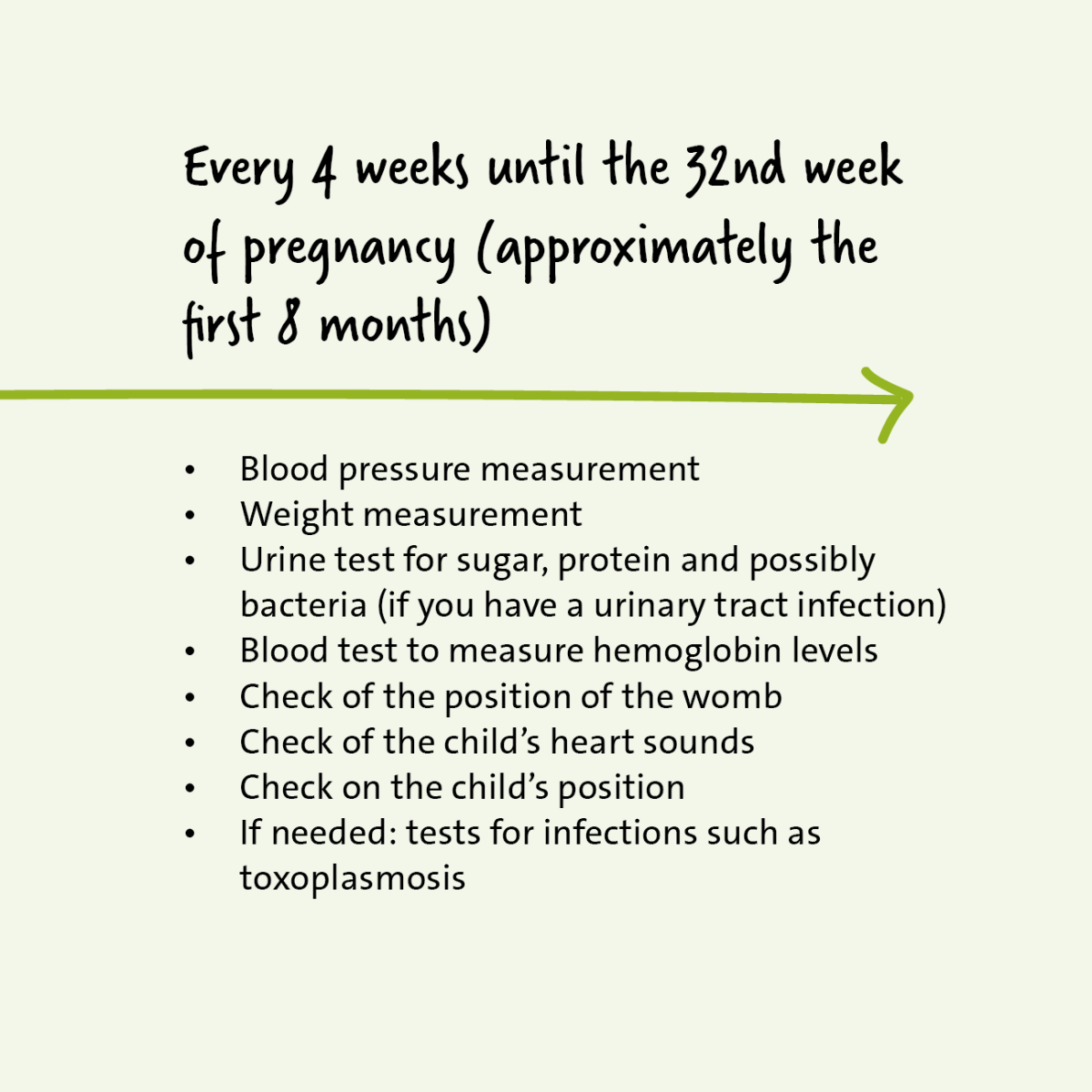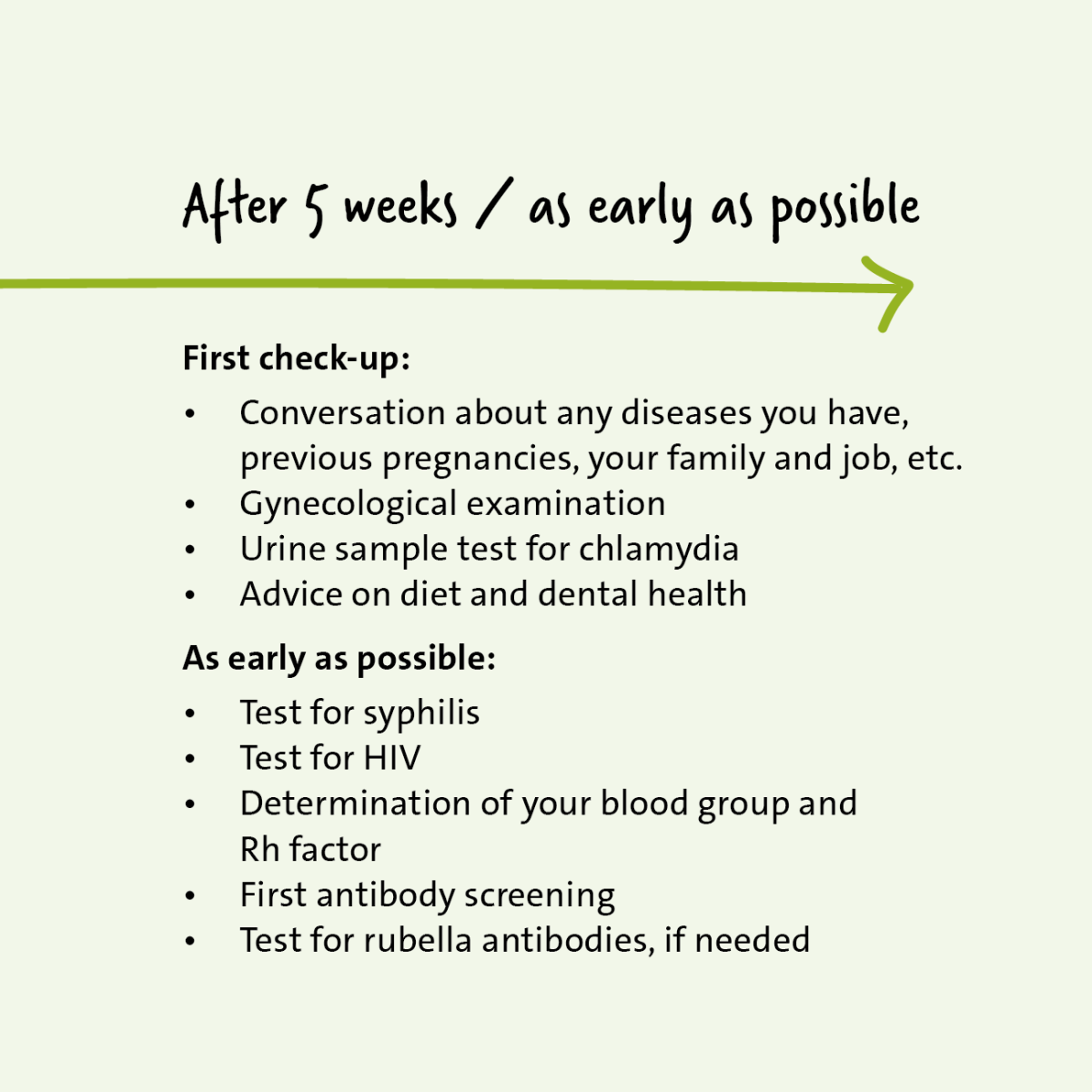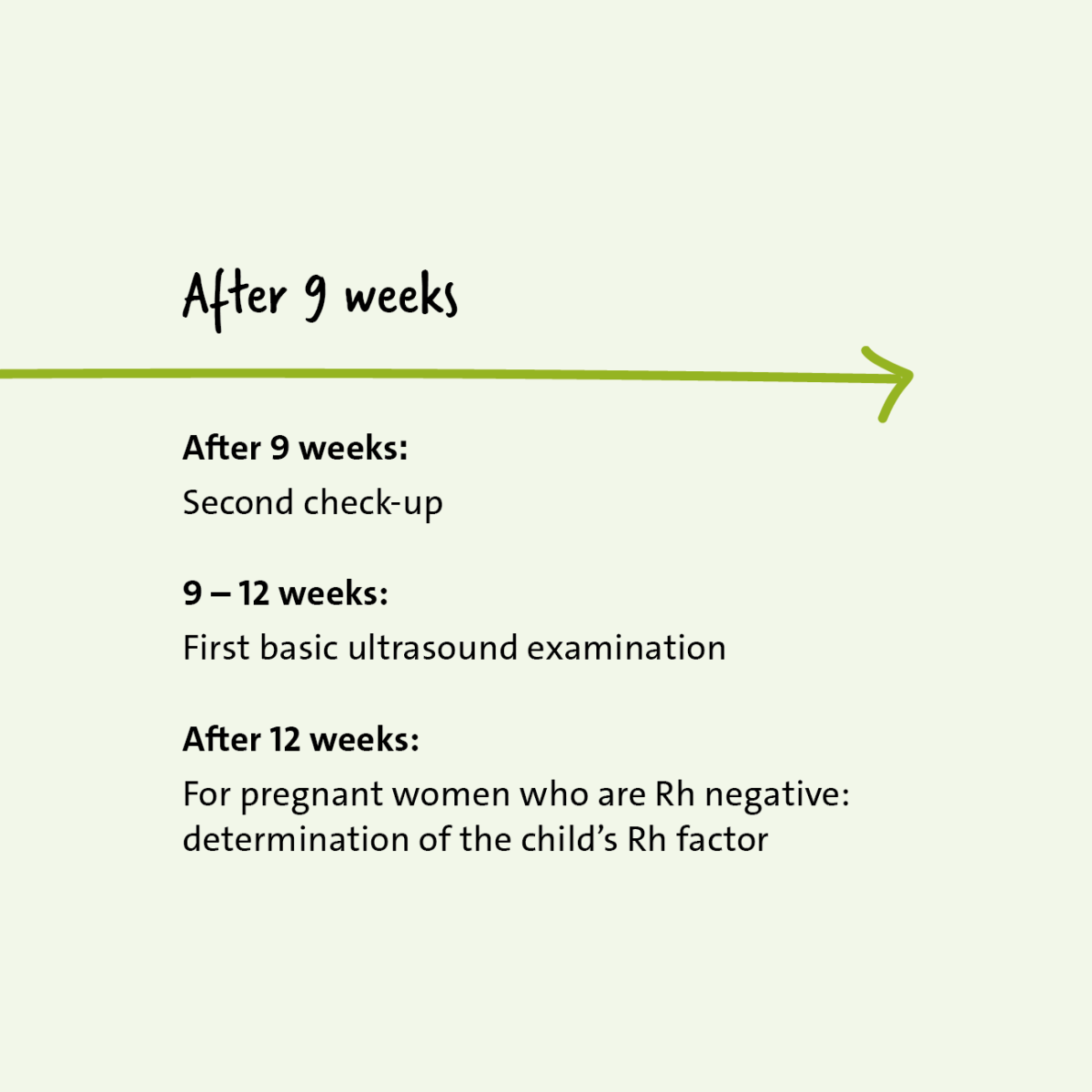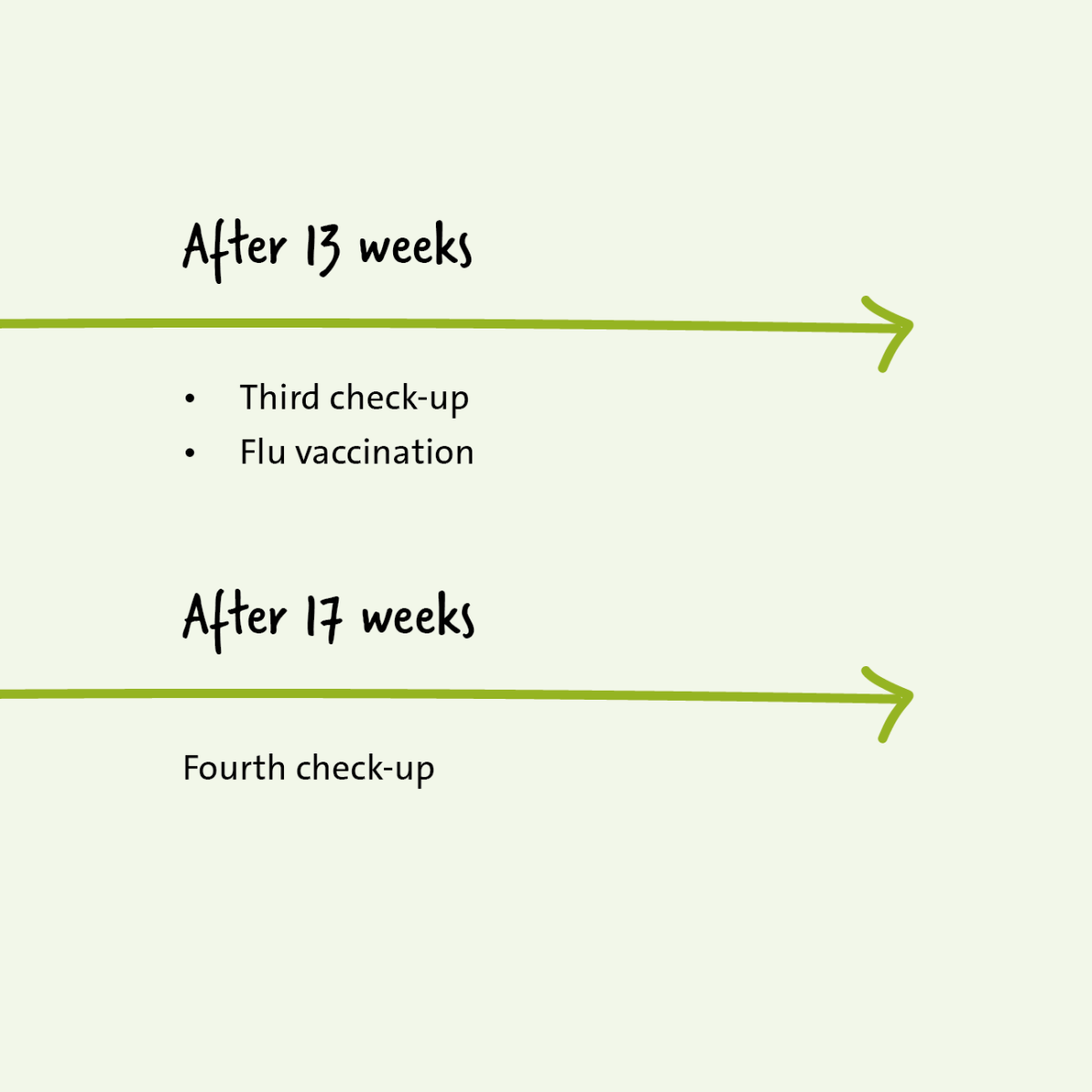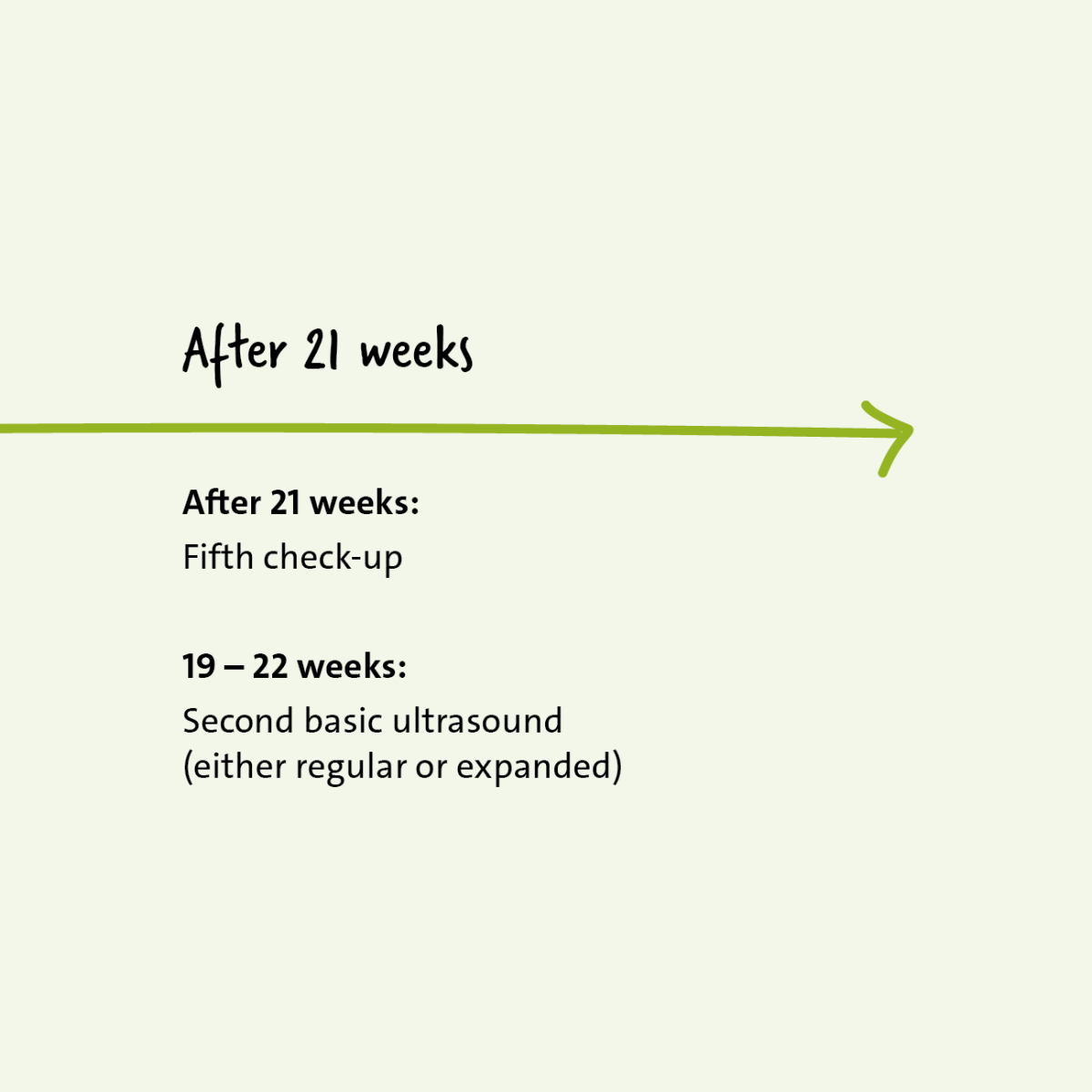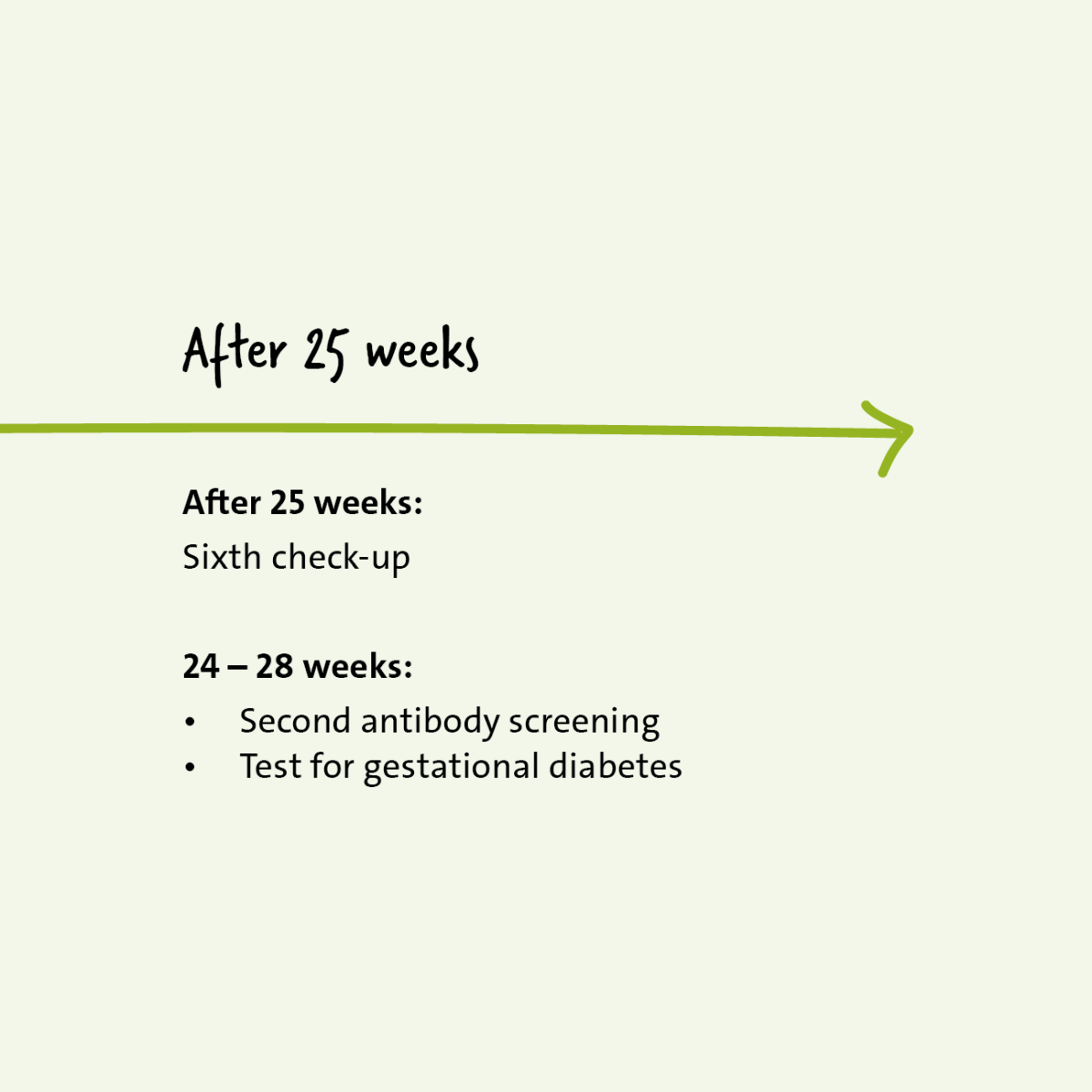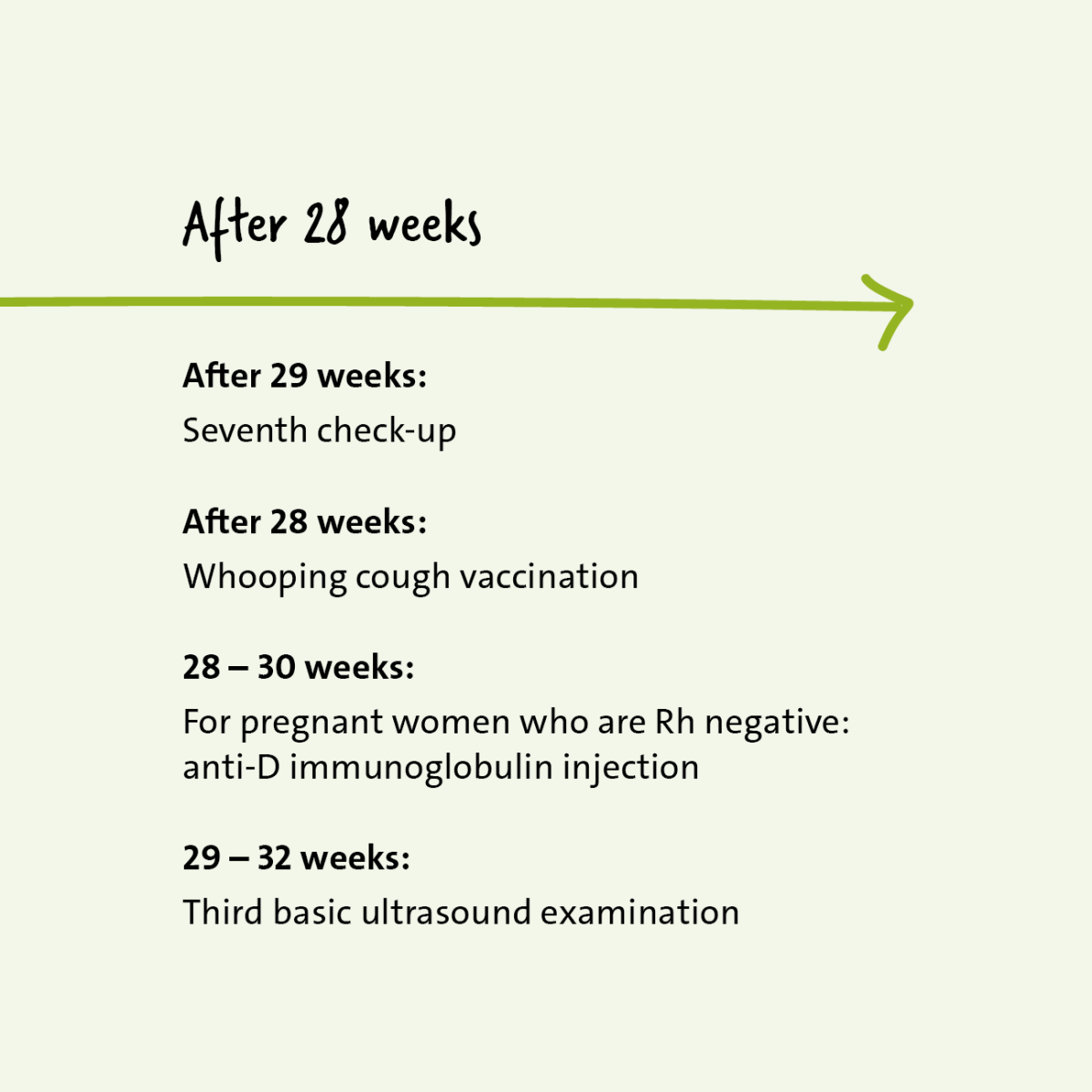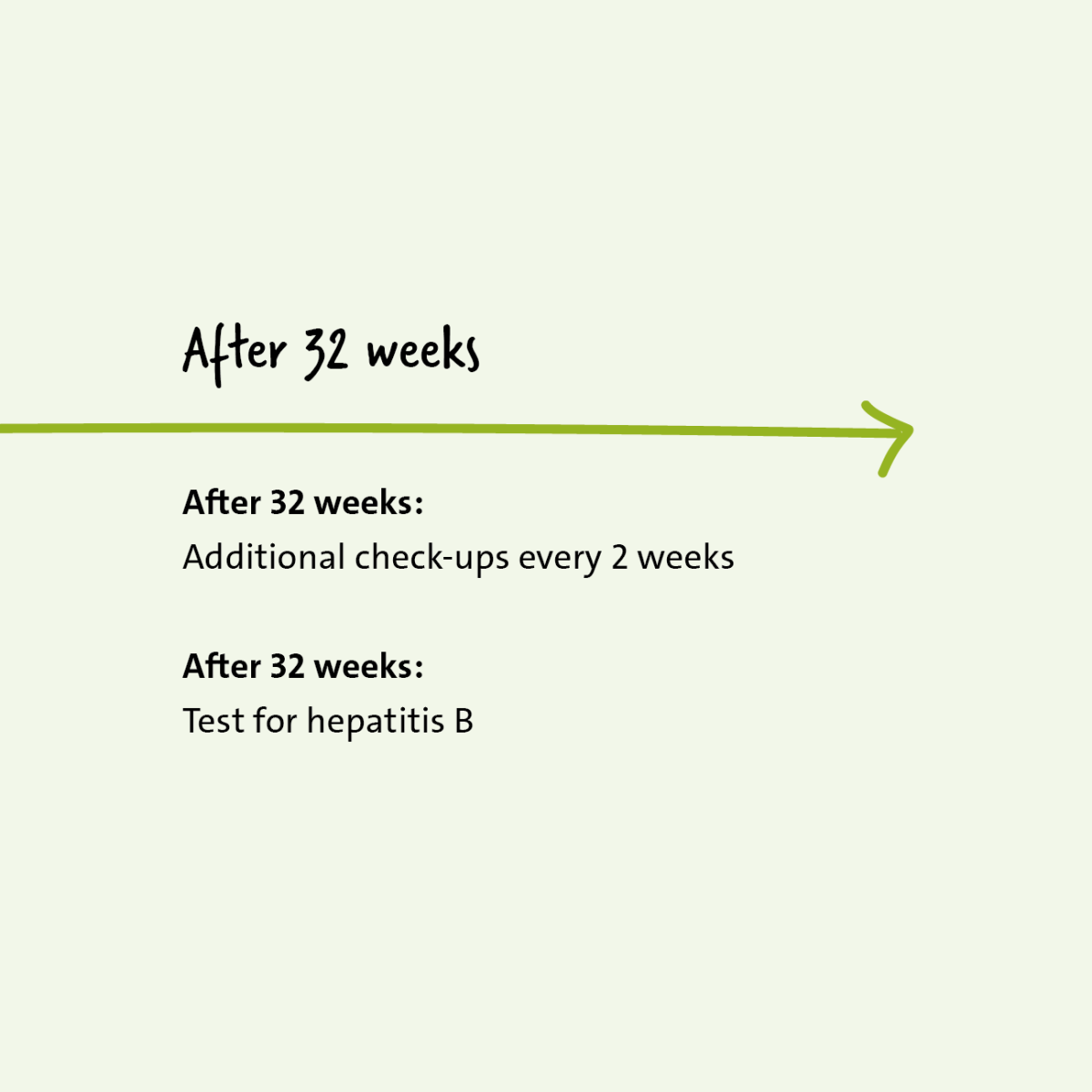Prenatal care and maternity records in Germany

All pregnant women have a right to regular prenatal check-ups, at first once a month, and then later on every two weeks. They include physical examinations like feeling the tummy and regularly taking blood. The results are documented in your maternity records.
Every pregnant woman is given maternity records (Mutterpass in German), which help doctors and midwives monitor how the pregnancy is going. These records document important data about the child’s development and the woman’s health. The maternity records also contain information that can be useful for the birth or in an emergency. That is why it is advisable to always have them with you. They are personal documents, and you are the only person who decides who is allowed to see them.
Maternity records can be either a paper document or digital as part of your digital medical records. Both contain the same information. You can choose whichever you prefer.
It is important to keep your maternity records after your baby is born, either as a paper copy or in your digital medical records. The information is important for any future pregnancies.
We have put together an overview of what is in your maternity records. You can download a template from the Federal Joint Committee (G-BA) website.

